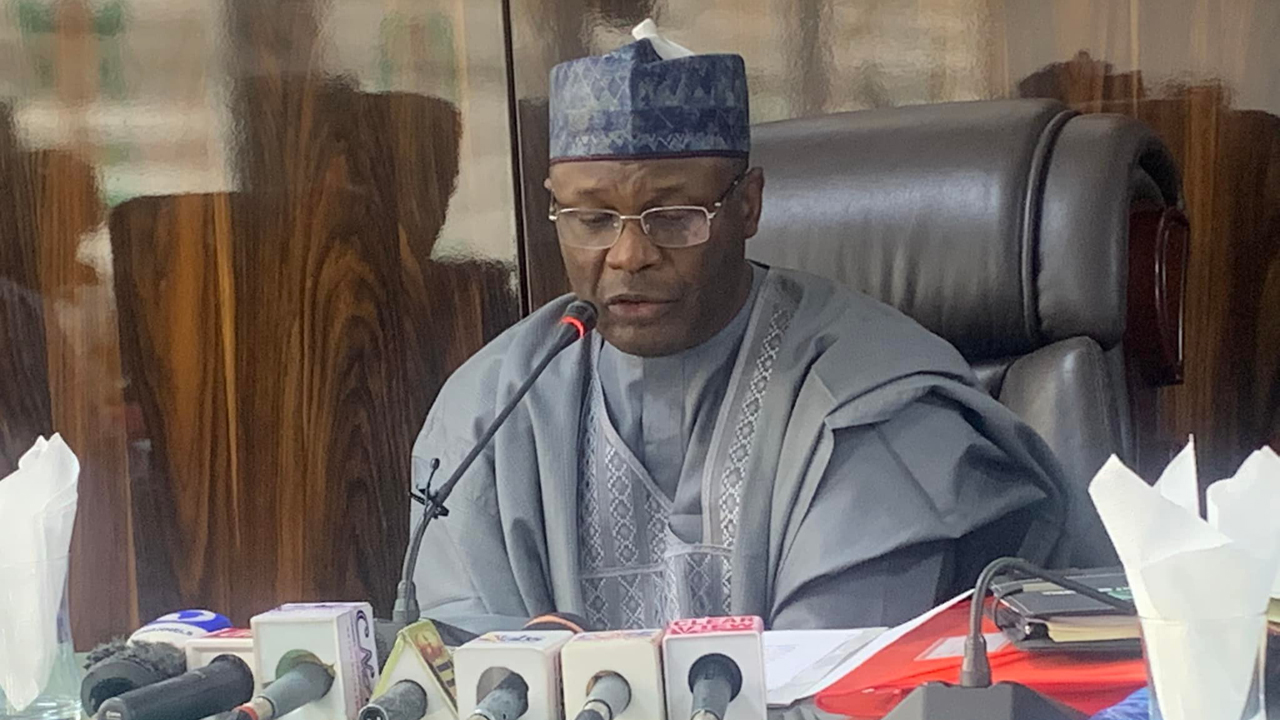By Amanze Obi
Fifty years after their assassination by
northern military avengers, the gruesome murder of General JTU Aguiyi Ironsi
and Lt. Col. Adekunle Fajuyi has received more than a passing attention in the
media. At the time of their death, Ironsi was the Head of State and Commander-in-Chief
of the Armed Forces of the Federal Republic of Nigeria while Fajuyi was the
military governor of the Western Region.
 |
| *Gen. Ironsi |
Since their passage, at no time have they been so fondly
remembered and elaborately celebrated more than now. Fajuyi, particularly, is
being celebrated by his Yoruba kinsmen for his courage and sacrifice. Ironsi is
being mentioned in passing, probably because his Igbo kinsmen did not roll out
the drums for him as the Yoruba did for Fajuyi.
Since the celebration began, many have had to wonder why the
Yoruba staged such an elaborate outing for Fajuyi. The perceived impression
in some quarters is that there is more to the celebration of Fajuyi than meets
the eyes. I am, however, not persuaded by such suspicions. What makes sense to
me here is that 50 years is a landmark. It is worth celebrating in the life and
death of persons or institutions. Perhaps, the Yoruba may be saying through
their celebration of the death of Fajuyi that 50 years of his passage is
significant enough in underlining the undercurrents that brought down one of
their own, who rightly deserves to be recognised as a national hero. No one
should begrudge them the right to tell their own story, as it concerns one of
their icons.
Perhaps, what we should question is the loud silence of the Igbo
about the death of one of their own whose assassination signposts the
endangered position of the Igbo in Nigeria. Why are the Igbo not
talking about the murder of Ironsi on July 29, 1966, by northern military officers?
The most immediate reason for this is not far-fetched. The Igbo
hardly celebrate anybody. They may recognise you for who or what you are, but
they are not interested in symbolisms. They have never celebrated any one of
their greats, be it Nnamdi Azikiwe or Chinua Achebe. Whereas the Yoruba place
Obafemi Awolowo on the same pedestal as a demigod, the Igbo are hardly bothered
about whatever Azikiwe represents or does not represent in the pantheon of the
great.
Perhaps, the only Igbo man the people lionise is Chukwuemeka
Odumegwu-Ojukwu, the leader of the defunct Republic of Biafra.
The reason for this is simple. Biafra means a
lot to the Igbo. The passion flows in their blood veins. It matters to the Igbo
that Ojukwu was more than committed to the Biafran cause. He never wavered in
his belief in and fight for the cause until death. The Igbo revere him for
this. He is their war hero for all times.
Apart from the inherent disposition of the Igbo, which does not
encourage the celebration of anybody, there are also remote reasons for the
non-celebration of Ironsi by the Igbo. The Ironsi story is not an isolated one.
It carries with it a myriad of sub plots which, when woven together, define the
Igbo story and situation in Nigeria.
There is no story of Ironsi without the story of the organised massacre of
hundreds of Igbo military officers by their northern counterparts. The story of
the murder of Ironsi also necessarily dovetails into the story of the pogrom
visited on the Igbo in northern Nigeria.
One pogrom followed the other. In all of this, there was no whimper from the
federal military government led by General Yakubu Gowon. The government, which
was supposed to protect the life and property of its citizens, as a primary
responsibility, merely aided and abetted the organised massacres. All of this
eventuated in the birth of Biafra. The Ironsi
story is, therefore, a complex tapestry, which can hardly be unravelled and
understood without making Biafra the subject
matter.




















